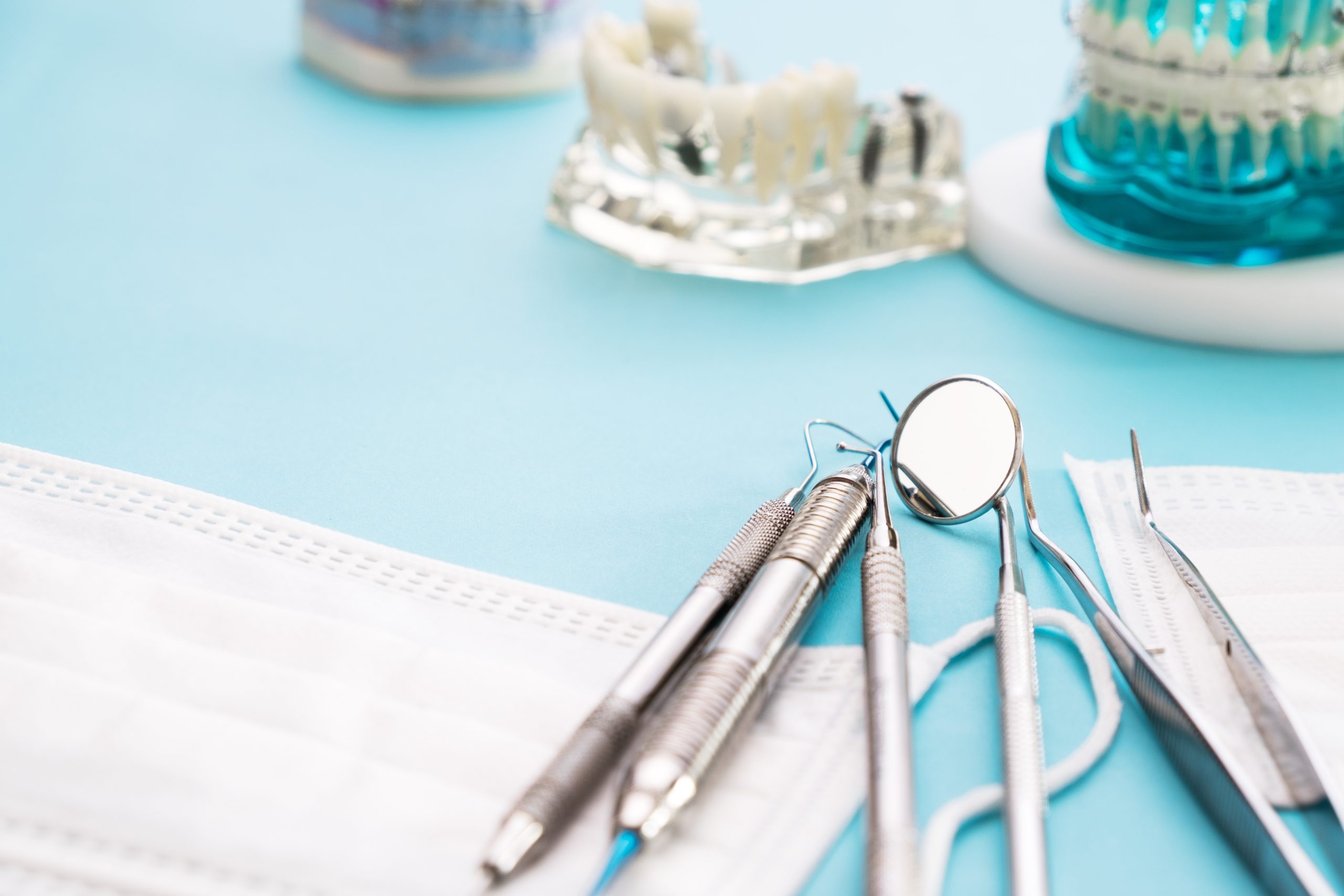
‘A terrible idea’: We hear thoughts from the dental profession on the recent news that the overseas registration exam process could be changed.
Sakina Syed, dental hygienist
The possibility of ORE exams for overseas dentists being removed is perplexing. My understanding is that they assess skills, knowledge and competencies to deliver quality patient care with safety.
I appreciate that these exams are costly and time consuming, but similar exams exist for doctors. Surely they could be reconfigured but not scrapped. Focusing on cutting waiting lists and increasing productivity should not be overridden by assessing skills.
I am a strong believer in a multi-disciplinary team approach – this is why the utilisation of dental hygienists and dental therapists to full scope can help this approach. Dental therapists can undertake examinations and diagnose and treat dental decay, referring when needed. Despite more than 5,000 registered dental therapists, many cannot find suitable practices to utilise their full skill set, and there are many therapists who want to re-skill, such as myself.
Both dental hygienists and dental therapists continue to work tirelessly to increase awareness of our profession alongside our professional bodies such as the British Society of Dental Hygiene and Therapy (BSDHT) and the British Association of Dental Therapists (BADT). We want to continue to push the profession forward, not be overlooked.
It’s ten years since the introduction of direct access – we are on the cusp of change.
Mac Bule, dentist and King’s College London tutor
Being an overseas qualified dentistry who had to go through this many years ago, I can clearly say the whole idea for going through this is to make sure overseas dentists are trained and familiar on UK rules and regulations. Believe me when I say that most overseas dentists are more aware of how to do basic periodontal examinations (BPE) and the six point pocket chart (6PPC) than UK graduates.
Don’t forget all those rules are made by the General Dental Council (GDC). It was their decision to accept the applications without subjecting any further training. I agree this country produces enough graduates for the profession. It is an incredible way of making money for GDC though. I never even thought the whole process was giving an opportunity for overseas dentists.
I have to make it clear though, as much as I argued the unfairness of the system in my time, I never questioned the reason. Of course, as an overseas dentist we need to be familiar with the rules and regulations of the country we’re living in. There is no question about that.
Before making unfair comments on overseas dentists, please question the regulatory body’s intentions and actions.
Asmeen Hossenboccus, dental hygienist
My initial thoughts on scrapping the ORE was that it was a terrible idea! How will we know if GDC standards will be met? How was their dental course compared to the UK? Are they fluent in English and can they communicate well? How many patients have they seen? How much experience do they have? My overall concern would be maintaining quality standards and ensuring that dentists are adequately trained and competent to practice safely in the UK.
The only positive implications I can think of is that it streamlines the process for qualified dentists to practice in a new country, which can potentially address shortages in certain regions. They may offer new/valuable perspectives and opinions on how dentistry is carried out. They may also be fluent in other languages which may assist those patients speaking the same.
Questions unanswered
The GDC website states that the ORE tests the clinical skills and knowledge of dentists whose qualifications are not recognised in the UK. Candidates are expected to meet/exceed the standard of a ‘just passed’ UK BDS graduate and be able to show competence, knowledge and familiarity in the different aspects of dentistry. The two-part exam consists of a written exam (designed to test application of knowledge to clinical practice) and a clinical exam (designed for candidates to demonstrate practical clinical skills).
What then if they are scrapped? How will these be tested? How can we ensure that they meet the standards and competencies required to practice dentistry safely in the UK? The GDC reassures us that dental professionals who join the register must meet the high standards for safe and effective care which is ‘fundamental’ to the regulator’s public protection role.
Therefore, I hope that the GDC will focus on developing a comprehensive framework for a modernised process to register dental professionals who qualify overseas which will benefit all: the UK dental profession, the overseas dentists and, most importantly, our patients.
Dr Yvonne Shaw, deputy dental director at Dental Protection
We look forward to engaging with the GDC as they work towards implementing changes to ensure that overseas graduates receive the necessary support to facilitate their integration into UK dental practice.
We shall review the proposals, respond to the consultation, and assess the implications linked to the indemnity of those dentists who will be provisionally registered to practise sooner than they would be otherwise able to under current processes.
John Makin, head of the Dental Defence Union (DDU)
It’s important that the GDC makes the process of registration for colleagues who qualified overseas as smooth as possible while discharging its key duty, that of ensuring patient safety.
The implications of the proposals, following hot on the heels of recent changes to the requirements for entry to Performers Lists, are significant. The challenges include the need to arrange appropriate supervision of potentially significant numbers of provisionally registered dentists.
In light of this, we’ll be carefully reviewing the government proposals, assessing the potential risks to those involved and contributing to the consultation on behalf of members.
Our members will want to ensure public safety comes first, as will all healthcare professionals reviewing these proposals.
Read the full details on the ORE proposal here.
Follow Dentistry.co.uk on Instagram to keep up with all the latest dental news and trends.


